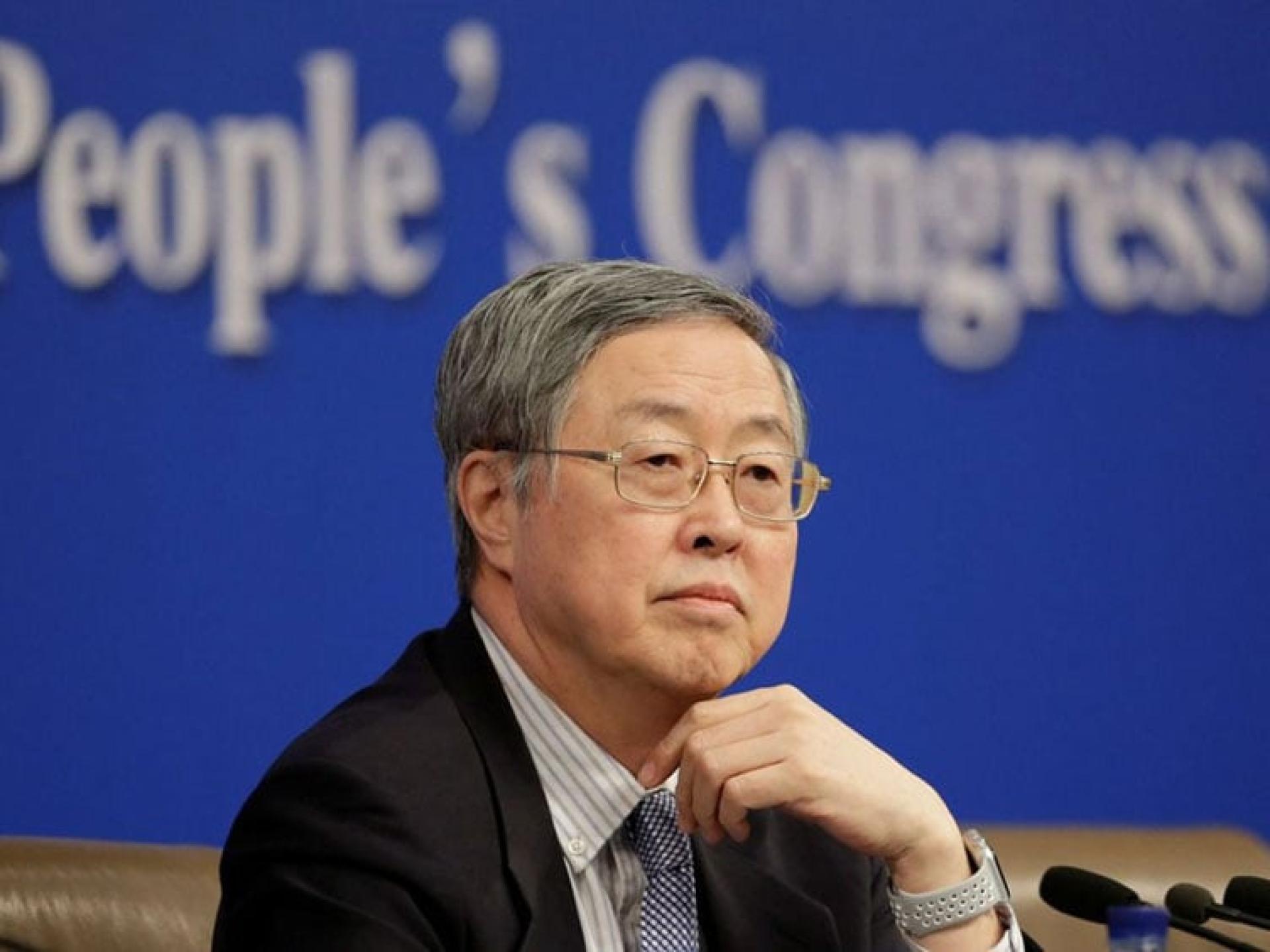As stablecoins rapidly rise globally, Zhou Xiaochuan, former governor of the People’s Bank of China (PBOC), has warned that stablecoins still pose potential dangers.
The WeChat public account of the 'China Finance 40 Forum' published an article on the 27th, stating that on July 13 at a closed-door seminar themed 'Opportunities and Prospects for RMB Internationalization,' Zhou Xiaochuan pointed out that speculative stablecoins could trigger uncontrolled issuance, high leverage, and instability.
Zhou Xiaochuan also said that although many people believe stablecoins will reshape the payment system, the current payment system—especially in the field of retail payments—has little room left for cost reduction. After years of development, China’s existing retail payment system has become highly efficient and low cost, making it very difficult for any new participant to profit from further reducing costs in this sector.
Existing payment systems such as third-party payment platforms, central bank digital currency (CBDC), soft and hard wallets, and clearing infrastructure do not adopt a decentralized or tokenized approach.
Zhou Xiaochuan believes that the main issues that financial and asset markets need to guard against are price manipulation, highlighting the importance of transparency and effective regulation. However, regulatory rules for stablecoins in places like the United States and Hong Kong have not yet reached a reassuring level.
Beijing has long maintained a cautious stance on cryptocurrencies, fearing they could threaten market stability and capital controls, and could potentially be misused as new instruments of fraud. According to earlier reports by Bloomberg, Chinese financial authorities have recently asked local brokerages and other institutions to reduce the publication of research reports or hosting of conferences related to stablecoins, in order to curb speculation surrounding these assets.
On July 17, local U.S. time, the 'Genius Act' was passed, establishing a regulatory framework for U.S. dollar-pegged cryptocurrency stablecoins, and aiming to strengthen the dollar's global position. Subsequently, some Chinese experts also advocated introducing a stablecoin pegged to the RMB.
